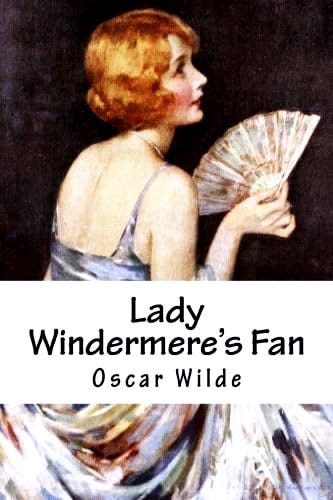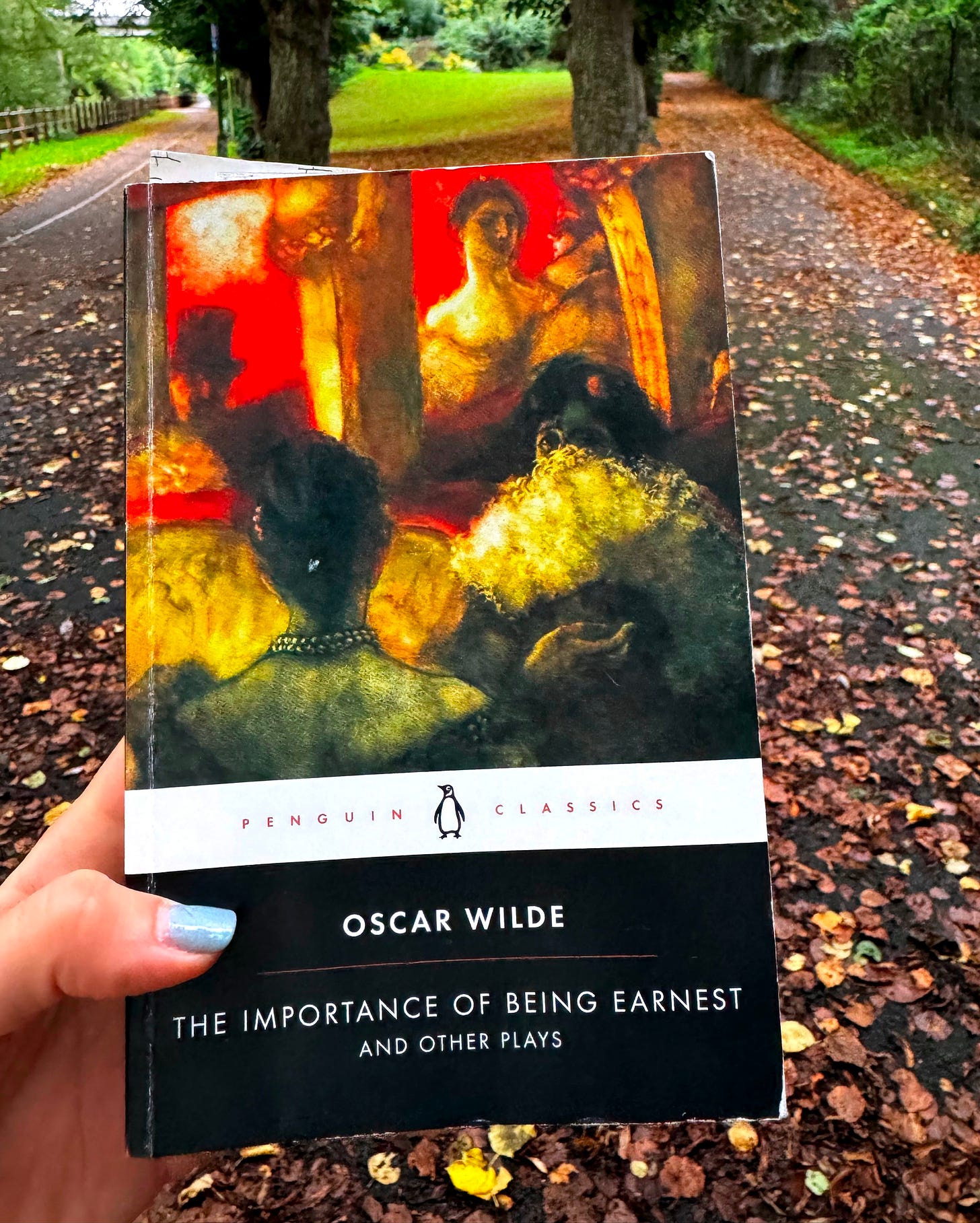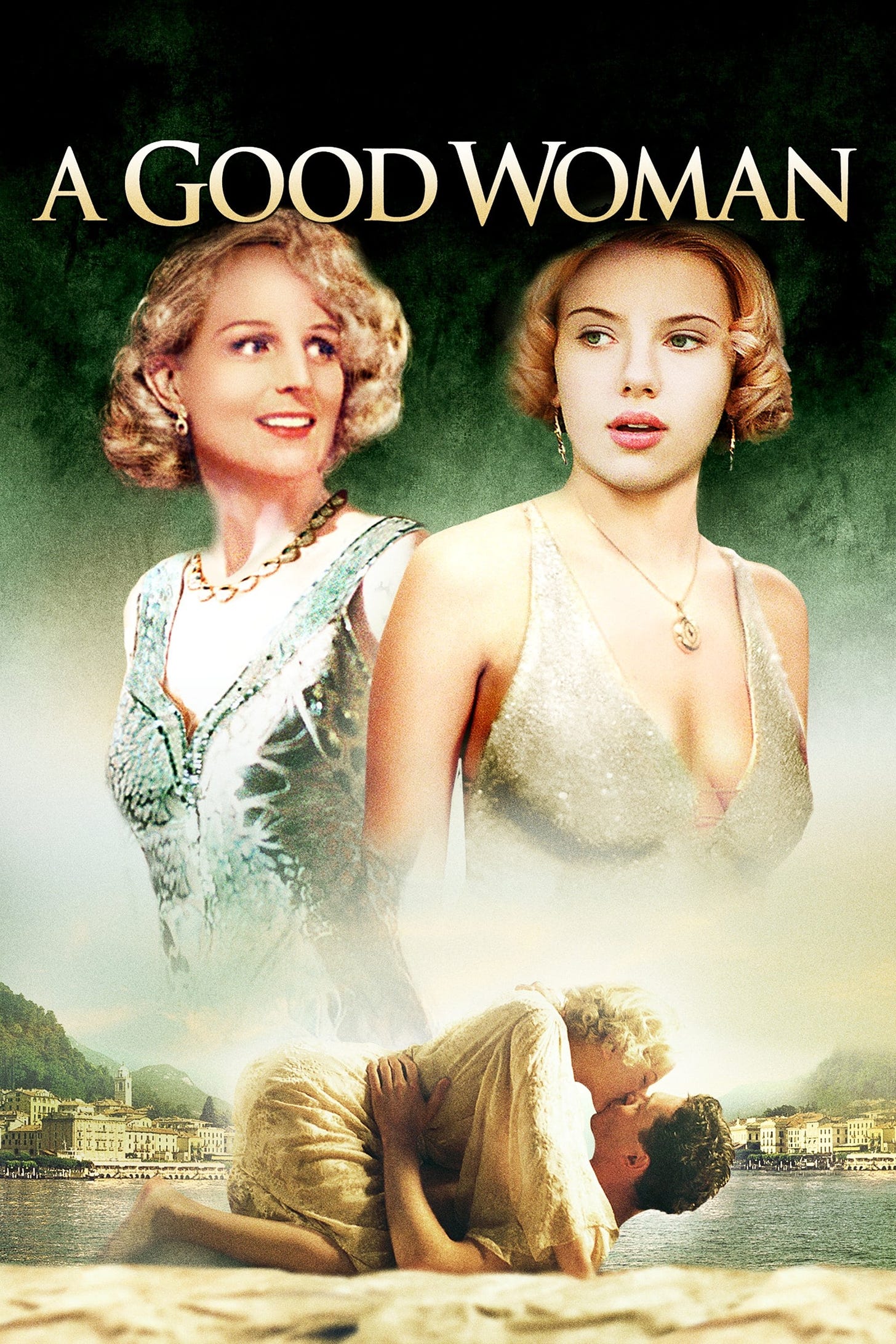A Quick Look at Oscar Wilde's Lady Windermere's Fan
A Witty Exploration of Victorian Society and Human Nature
Lady Windermere's Fan is a play from Oscar Wilde's collection, which can be found in the book The Importance of Being Earnest and Other Plays. I’ve decided to write about each play in a separate post, as they’re great to consider as distinct works!
Oscar Wilde's ‘Lady Windermere's Fan’ is a brilliant and witty exploration of societal expectations, morality, and the nuances of human relationships. At its core, the play follows the young and virtuous Lady Windermere, who becomes consumed by suspicion of her husband's infidelity. However, Wilde skillfully transforms what could have been a straightforward marital drama into a sharp critique of rigid social norms and the complexities of personal choices. Oscar Wilde's Lady Windermere's Fan is a product of its time, deeply embedded in the social and cultural climate of late Victorian England*.
Lady Windermere’s Transformation
Wilde, a man who himself struggled against the constraints of Victorian society, uses this play to challenge the moral absolutes imposed by the upper class. Lady Windermere initially embodies this dogmatic worldview, seeing the world in strict black-and-white terms. As we can see in her conversation with Lord Darlington about ‘women with a past’:
LADY WINDERMERE: I think they should never be forgiven.
LORD DARLINGTON: And men? Do you think that there should be the same laws for men as there are for women?
LADY WINDERMERE: Certainly!
LORD DARLINGTON: I think life too complex a thing to these hard and fast rules.
LADY WINDERMERE: If we had 'these hard and fast rules', we should find life much more simple.
LORD DARLINGTON: You allow of no exceptions?
LADY WINDERMERE: None!
LORD DARLINGTON: Ah, what a fascinating Puritan you are, Lady Windermere!
Yet, her journey through the play leads her to realize that human nature is far more complex and that judgment often oversimplifies the truth. Wilde's decision to have this realization occur on her 21st birthday—a symbolic coming-of-age moment—highlights the growth and maturity that accompany such self-awareness.
Mrs. Erlynne’s Role
Mrs. Erlynne, another pivotal character, adds depth to this exploration of morality. Viewed through the lens of society, she could easily be dismissed as a selfish woman who abandoned her daughter. Yet Wilde invites the audience to look beyond superficial judgments. Mrs. Erlynne’s paradoxical nature—pursuing her own life while making a profound sacrifice to protect her daughter, and at the same time wishing her daughter to devote herself to her own child—adds emotional complexity. Her motives remain ambiguous: Is she driven by guilt or regret? Wilde leaves this question unanswered, forcing the audience to grapple with the idea that people’s actions and motivations often resist simple categorization.
Redefining Stereotypes
Throughout the play, Wilde's main focus is on redefining the overused late-Victorian stage stereotype of the "woman with a past." In doing so, he refines the simplistic moral framework that this stereotype was meant to uphold.
In ’Lady Windermere's Fan’, Wilde's signature wit and social critique shine, offering a compelling examination of the blurred lines between morality and judgment, sacrifice and selfishness, and societal expectations and personal freedom. The result is a timeless commentary on human nature and society’s often hypocritical standards.
In the end, the story offered a valuable lesson for me: to keep in mind that nothing is absolutely right or wrong, and I must be open to new ideas and the acceptance that I can be wrong! And one should: Never Says, Never!
*Some notes on the play's historical context:
Victorian Society and Morality
The Victorian era was characterized by a strict adherence to social conventions and a pervasive sense of morality. The upper class, in particular, was expected to uphold a facade of respectability, even at the expense of personal happiness. The play's central theme of social hypocrisy and the consequences of deviating from societal norms is a direct reflection of this Victorian ideal.
The Cult of Domesticity: Victorian women were often confined to the domestic sphere, expected to be devoted wives and mothers. Lady Windermere's initial adherence to this ideal and her subsequent rebellion against it highlight the limitations and pressures placed on women during this time.
The Importance of Reputation: Reputation was paramount in Victorian society, especially for women. A woman's reputation was closely linked to her marriageability and social standing. The play explores the devastating consequences of a tarnished reputation and the lengths to which people would go to protect their social status.
There are some movie adaptations of this play, which I haven't watched yet, and I probably won't. The most famous adaptation probably is A Good Woman, a 2004 romantic comedy drama film directed by Mike Barker. The screenplay is by Howard Himelstein, starring Scarlett Johansson as Lady Windermere.
I'm looking forward to seeing this play in a theater one day!
Have you read this play or any of Wilde's other works?
Thanks for reading☺️ If you liked this review, press ❤️ and share it with your friends!








Brava! Incredibly written!